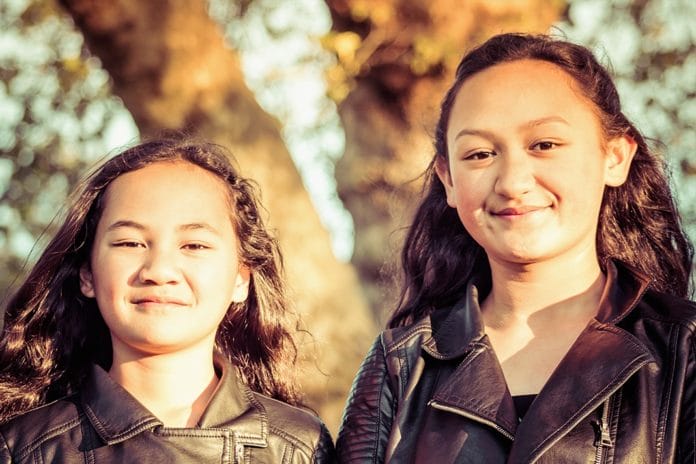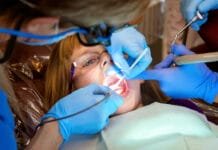Sanjeewa Kularatna and Ratilal Lalloo, along with a large number of respected colleagues, studied dental hygiene in a certain indigenous tribe in Australia, culminating in their study: Demonstration Of High-Value Care To Improve Oral Health Of Remote Indigenous Community In Australia.
The colleagues studied the children in a remote community in Far North Queensland, Australia, to find out how oral health is financed, maintained, and held in regard. Kularatna and Lalloo, along with their peers, were interested in the cost and effectiveness of the annual preventative measures taken by traveling dentists and technicians, who are called ‘fly-by clinicians.’
Is this fly-by program cost-efficient? If it is, is it effective as an intervention program to prevent child caries in such a remote area? Research like this can be used, not only in Australia, but other remote and rural communities.
Aboriginal and Torres Strait Islander Children
For this summary and of the article itself, the aboriginal Torres Strait islander children will simply be referred to as ‘indigenous children’ for the sake of clarity. This community is one that is considered in desperate need of help in all community aspects by the Australian government, especially when compared to other tribal communities.
Dental caries is more prevalent here than in most other parts of the country based upon the fact that there is no access to dental care unless it is time for the fly-by clinic. The average child is missing at least one tooth, has five decaying teeth, and at least one filled deciduous surface.
Since this is an isolated geographic area along with low socioeconomic status, increases the probability of children with caries, the indigenous populations are at extreme risk for such dental and health issues. Their water contains no fluoride, which usually helps children with a higher chance of caries.
Sustainable, Proactive, And Routine Dental Care
Consistent preventative interventions and educational opportunities have been proven to decrease caries in children and adults. Such interventions and education need to happen more than once a year to be more effective in the population.
Education should heavily focus on a reduction of sugary foods and drink, for example, along with accurate and routine hygiene care. Saving teeth, improving an individual’s quality of life, and the cost of care demand active preventative measures.
The fly-by procedure isn’t working well enough to account for the current costs, and the system must be reevaluated. The treatment is more reactive than proactive and isn’t effective towards long-term goals. Simply increasing the visits per year may yield better results when it comes to carious teeth, application of sealants (fissure), fluoride varnish, diet advice, and oral hygiene instructions.
A proven safe and cost-effective program designed for longevity and sustainability is needed to combat the issues that these children and adults face when it comes to their teeth.
The Right Balance
Through trial and error, the research group decided that a preventative intervention called the ‘Big Bang’ initiative would be Australia’s best option for proper and complete dental care for their indigenous population. The value and cost are balanced while the program is effective and provides the annual care needed by the children of Torres Strait.
This plan calls for health departments to mobilize clinicians or dental professionals into vans and travel to remote locations several times a year to screen and fix the teeth of all present children and to give detailed information and education on dental hygiene practices and diet issues that can cause an increase in dental issues.
This plan has proven, at least in the shorter run, to be positively preventative when it comes to the prevention of caries and an increase in hygiene knowledge among members in the community. Both preventative and maintenance care can be addressed, which, when the benefits are added together, creates a controlled and healthy atmosphere that continues to improve indefinitely.
Quality of Life
The quality of a person’s life when it comes to dental care is somewhat different than the quality of life we mention when we discuss healthcare. The benefits of quality dental care are:
- lack of dental pain that can put a person out of commission for its duration
- no irritation from food lodged between teeth
- lack of dental infection to spread throughout the body
- no discomfort while chewing leading to a better diet
- bleeding gingiva diminished
- halitosis becomes rare
- concerns about appearance disappear when it comes to discolored and extracted teeth
The study concludes that an annual dental visit a year is standard when it comes to the questions of maintenance, but if preventative care is what we are searching for, then several visits throughout the year are warranted and worth the cost to give the indigenous children the best quality of life.











